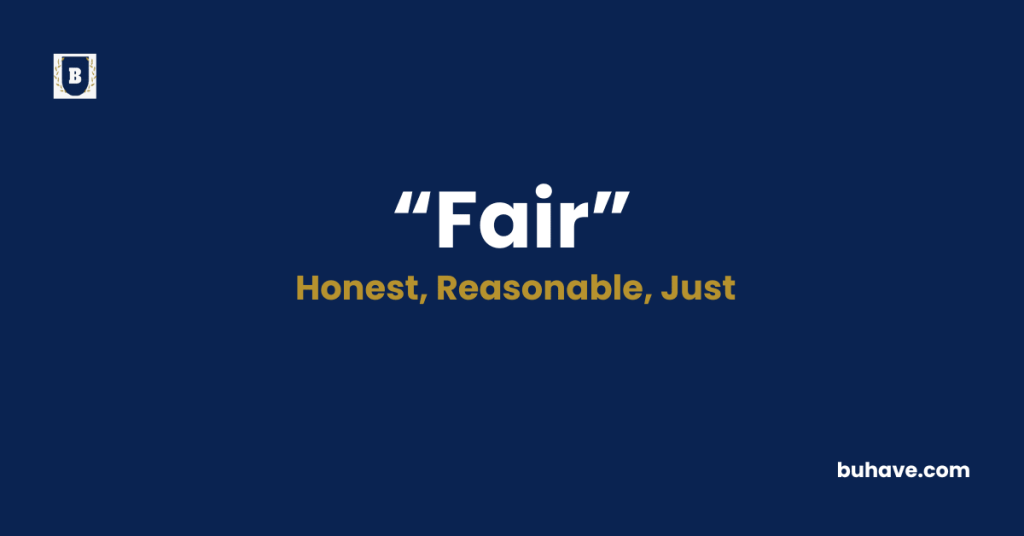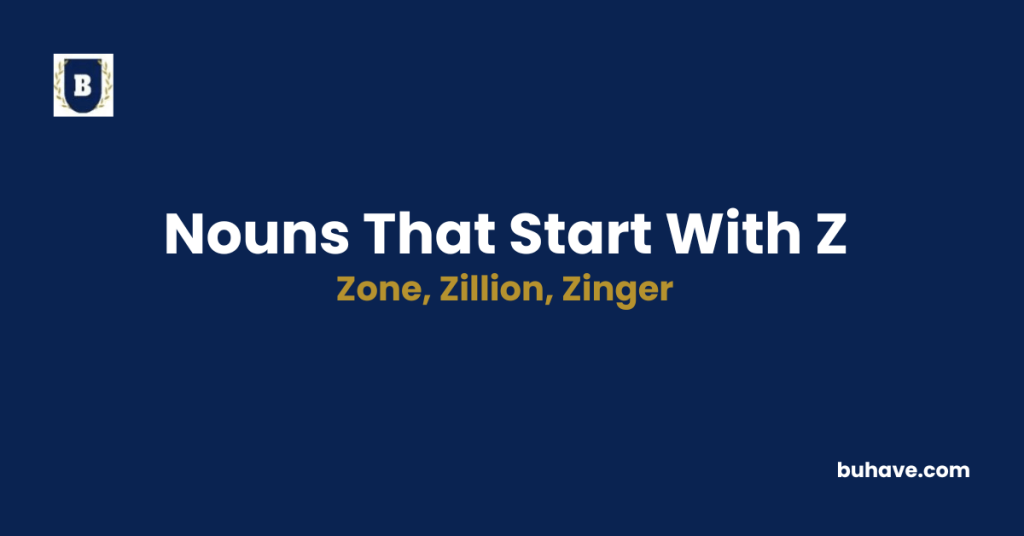The word ‘Fair’ (Noun) describes something that is just, equal, and unbiased. First of all, when something is fair, it means that all parties involved are treated with the same level of respect and consideration, without favoritism, in this guide, you’ll learn the full definition, synonyms, antonyms, etymology, and real-life examples of how to use ‘Fair’ correctly in sentences.
Fair Explained in Depth
A complete and detailed guide to the words Fair including meaning, definition, examples, etymology, synonyms, and antonyms.
Meanings of Fair
Fair refers to something that is just, equal, and unbiased. First of all, when something is fair, it means that all parties involved are treated with the same level of respect and consideration, without favoritism.
Moreover, fairness is not just about following rules; it also involves making decisions that are reasonable and balanced. For example, in a game, a it competition ensures that everyone has the same chances to succeed, and in a dispute, a resolution is one where both sides are heard and understood. In addition, fairness often includes being honest and transparent in actions or judgments.
As a result, when something is described as fair, it reflects a sense of equality, honesty, and integrity. Therefore, fairness promotes trust and respect among individuals or groups.
Definition:
Fair” refers to being just, equitable, and impartial, where everyone receives equal treatment. First of all, fairness involves making decisions that do not favor one person or group over another.
Moreover, it means adhering to rules, principles, or standards that promote equality and honesty. In addition, something described as fair can also refer to being free from bias or injustice, such as in a fair contest or a fair trial. As a result, fairness often leads to mutual respect and trust, as everyone feels they’ve been treated appropriately.
Therefore, when you act fairly, you show integrity, objectivity, and an effort to ensure balance for all involved.
Etymology:
The word “fair” originates from the Old English word fæger, which meant beautiful, lovely, or pleasant. First of all, this term referred to physical beauty, describing something that was pleasing to the eye. Moreover, “fæger” evolved to include meanings related to goodness and suitability, such as something morally good or just. In addition, the word has ties to Old High German (fagar) and Old Norse (fagr), which also described beauty and fairness. Over time, fair came to represent not just outer beauty but fairness in judgment and actions. As a result, its meaning expanded to include qualities such as justice, impartiality, and equality.
Therefore, the word’s evolution reflects both an aesthetic and moral dimension, connecting fairness with a deeper sense of balance and goodness.
Example Sentence:
- First of all, the teacher gave each student a fair chance to explain their answer.
- Moreover, she divided the snacks in a fair way so that everyone got an equal portion.
- In addition, the judge listened to both sides carefully and made a fair decision.
- As a result of his fair leadership, the team trusted him and worked well together.
- Therefore, when they voted on the plan, everyone agreed it seemed fair and reasonable
Fair Synonyms:
- Just
- Impartial
- Honest
- Unbiased
- Reasonable
- Neutral
- Open-minded
- Reasonable
- Even-handed
- Balanced
Fair Antonyms:
- Unfair
- Biased
- Unjust
- Dishonest
- Prejudiced
- Prejudiced
- One-sided
- Corrupt
- Inequitable
- Discriminatory
FAQs about Fair
Here’s a FAQ-style guide about the word “fair”
1. What does “fair” mean?
“Fair” is an adjective with several meanings, depending on context:
- Just or unbiased: Treating everyone equally and without favoritism.
- Moderate or acceptable: As in fair weather or fair chance.
- Light in color: Especially with skin or hair (e.g., “fair complexion”).
- Pleasant or beautiful: Often in poetic or old-fashioned usage.
2. How is “fair” used in a sentence?
- “The judge made a fair decision.” (just, impartial)
- “He has a fair chance of winning.” (reasonable)
- “She has fair hair and blue eyes.” (light in color)
- “It was a fair day with clear skies.” (mild, pleasant)
3. Is “fair” always about justice?
Not always. While fairness often refers to equality or moral rightness, it can also describe:
- Appearance (e.g., fair skin)
- Weather or conditions (e.g., fair weather)
- Performance or quality (e.g., a fair job = decent but not great)
4. What are synonyms for “fair” in the justice context?
- Just
- Impartial
- Unbiased
- Equitable
- Honest
5. What is the opposite of “fair”?
Depending on context:
- Unfair, biased, or unjust (when referring to justice)
- Dark (in the context of color)
- Poor or subpar (when referring to quality)
6. What does “fair play” mean?
Fair play refers to honest, respectful behavior, especially in games, sports, or competitions. It implies:
- Following rules
- Treating opponents with respect
- Avoiding cheating or deception
7. What does “fair enough” mean?
“Fair enough” is a casual phrase meaning “that’s reasonable” or “I accept your point.” It shows agreement or understanding.
Example:
- Person A: “I don’t want to go out tonight, I’m exhausted.”
- Person B: “Fair enough.”

















